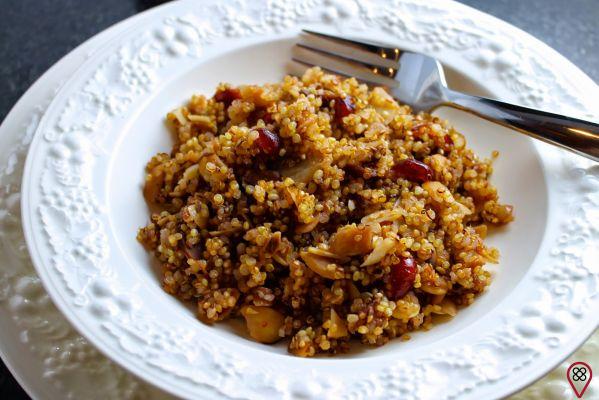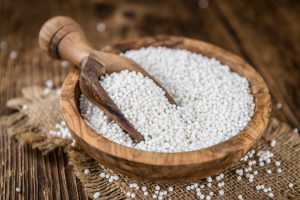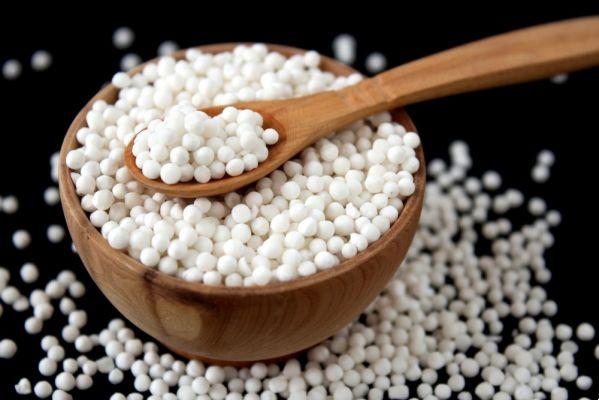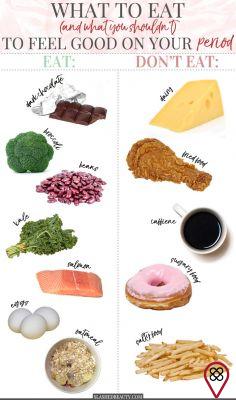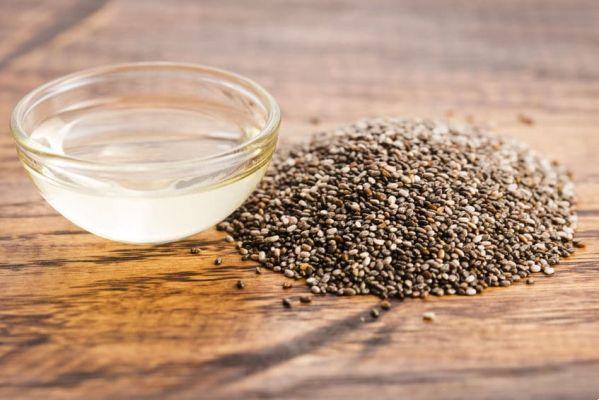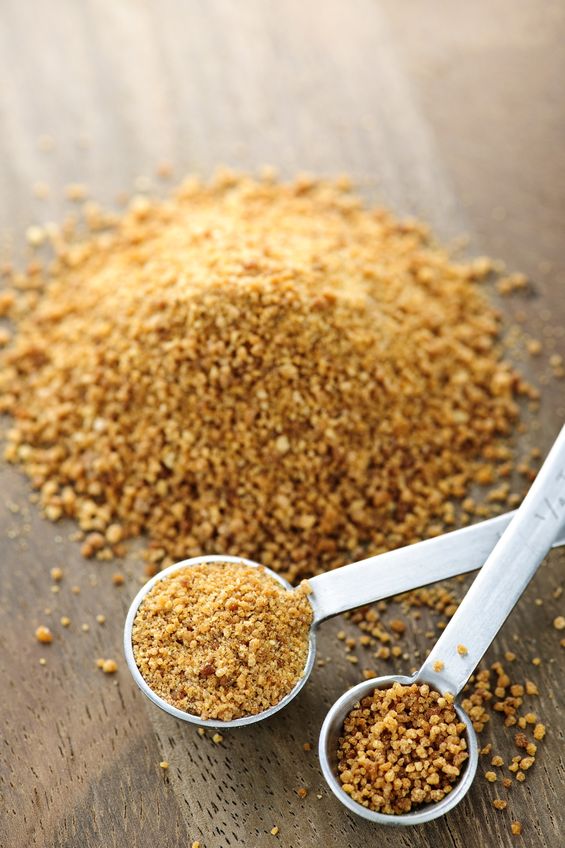Did you know that vitamin D is an item that may be lacking in your body? Even though it is essential for the human body, many people are deficient in this nutrient. It is important because it acts as a hormone, strengthening the health of bones, muscles, some body systems and immunity.
So, to take advantage of these benefits, it would be important to consume foods rich in vitamin D, such as oily fish, egg yolks and mushrooms, in addition to sunbathing daily. To delve into all that vitamin D offers, keep reading the article!
What is Vitamin D
You have already discovered that lack of vitamin D is common these days. This is because many people do not know where to find this substance, or what is the best vitamin D for the body.
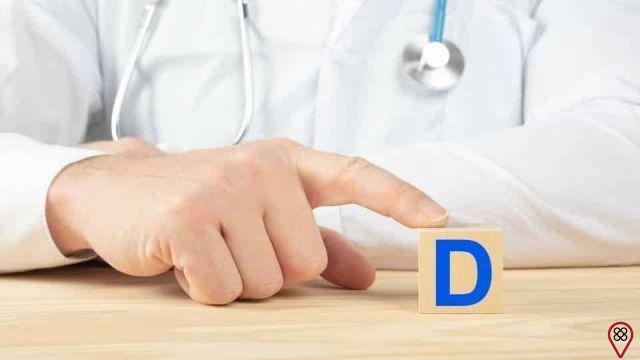
First of all, we need to understand what vitamin D is. Recently it has come to be understood as a hormone, due to its function in the human body. While vitamins only help with cellular metabolism, vitamin D plays a decisive role in the functioning of organs and systems.
In addition to knowing the classification of vitamin D, it is critical that you understand its function in your body. For this, understand, in the next topic, some explanations on the subject.
Vitamin D: what is it for?
If you have identified that vitamin D is lacking in your body, how about understanding why it is so important? But before that, you need to know what sources of vitamin D are and the best time to take vitamin D.
Know the usefulness of the nutrient:
1) Strengthening bones and teeth: Vitamin D ensures the absorption of calcium and phosphorus in the intestine, which facilitates the entry of these nutrients into the bones, strengthening them.
2) Prevention of diabetes: With the maintenance of the health of the pancreas, which produces insulin, vitamin D can regulate blood sugar levels, preventing diabetes.
3) Strengthening the immune system: Vitamin D activates the body's first immune mechanisms, at cell junctions, fighting the development of colds.
4) Skin hydration: by participating in the production of keratinocytes, vitamin D promotes skin hydration, bringing more softness to the organ.
5) Muscle strengthening: as vitamin D acts on the musculoskeletal system, it also helps in the development and maintenance of muscles.
6) Maintenance of the cardiovascular system: Vitamin D is responsible for controlling blood pressure, reducing the development of diseases in the cardiovascular system.
Lack of vitamin D: symptoms
Many of the benefits of vitamin D appear only inside our bodies, without us being able to realize them. So how do we know when vitamin D is low? How do we know if we have vitamin D deficiency or not?

First of all, low vitamin D can be identified easily with a blood test, ordered by a healthcare professional. So, if you experience any of the symptoms listed below, seek medical help to investigate what is happening in your body:
1) Physical tiredness when performing simple activities: in this case, you may experience shortness of breath, fatigue, and chest pain, even if you've only climbed stairs or walked from place to place.
2) Muscle aches: when they do not have an apparent origin, muscle pain can be a symptom of a lack of vitamin D, especially if they occur near the joints.
3) Bone weakness: It is noticeable when you break or crack a bone with a low-impact blow, particularly if the injury is to the legs or hip.
4) Difficulty concentrating: If you can't complete a thought process or can't focus on an activity for a long time, your body may be lacking vitamin D.
5) Urinary incontinence: especially for women, a lack of vitamin D can result in urinary incontinence, impairing bladder control.
6) Low immunity: the reduction of vitamin D in the body can cause a person to get sick frequently, with flu and colds.
7) Difficulty healing wounds: as vitamin D promotes cell maintenance and renewal, a deficiency can result in impaired wound healing.
Diseases caused by lack of vitamin D
Even if the above symptoms are already a reason for you to seek medical help, it is essential to know which diseases are caused by a lack of vitamin D. Remember that they usually develop with a long-term deficiency of the nutrient. So, the sooner you seek help, the better.
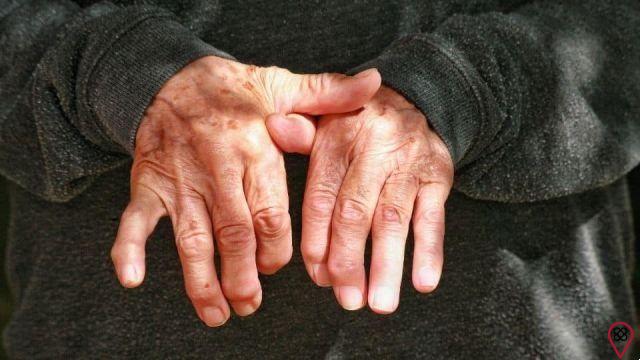
1) Osteoporosis: without vitamin D, the human body has more difficulty fixing calcium in the body, compromising the structure of bones, which can result in osteoporosis.
2) Hypertension: vitamin D is essential for regulating blood pressure, maintaining the cardiovascular system; so without it, it is possible to develop hypertension.
3) Breast, prostate and colon cancer: these variations of the disease can get worse without vitamin D, as immune system cells are lacking.
4) Depression: Vitamin D deficiency tends to worsen depression, as metabolism works slowly, and the production of serotonin (which brings happiness) is scarce.
5) Rickets in babies: when a pregnant woman suffers from low vitamin D, the fetus can have problems in body development, which can result in rickets.
6) Diabetes: as vitamin D promotes the proper functioning of the pancreas, which regulates the amount of sugar in the blood, a lack of it can lead to diabetes.
7) Arthritis: As this disease is related to bone and joint health, it can be worsened when there is a vitamin D deficiency.
Foods rich in vitamin D
If you want to prevent diseases resulting from vitamin D deficiency from developing in your body, the best thing to do is to consume this nutrient. It is also recommended that you have yearly exams to check your vitamin D levels in the body, with the help of a doctor.
However, if you are thinking that vitamin D is obtained through food, like other vitamins, you will be surprised. In fact, food is one of the sources of vitamin D. In order for it to be processed by your body, it is necessary that you sunbathe.

Daily sun exposure between 8 am and 10 am, or after 17 pm (for fifteen minutes), is the healthiest way to absorb all the vitamin D you consume. That way, you can enjoy the benefits of this nutrient, such as boosting your immunity.
Following this sunbathing routine, you can bet on foods that contain vitamin D, such as:
- boiled egg yolk
- Oily seafood such as salmon and sardines
- Milk (cow and soy) and derivatives
- Meat and offal in general
- Mushrooms harvested in the sun, preferably organic
You may also like
- Learn how to consume vitamin D the natural way
- Find out about treatment for osteoporosis
- Enjoy the energies of the sunrise
Based on the information presented, you could see that vitamin D is a fundamental nutrient for the human body, which acts as a hormone in the proper functioning of our organism. With a good sunbath and with foods rich in this component, it is possible to increase immunity and prevent diseases.




